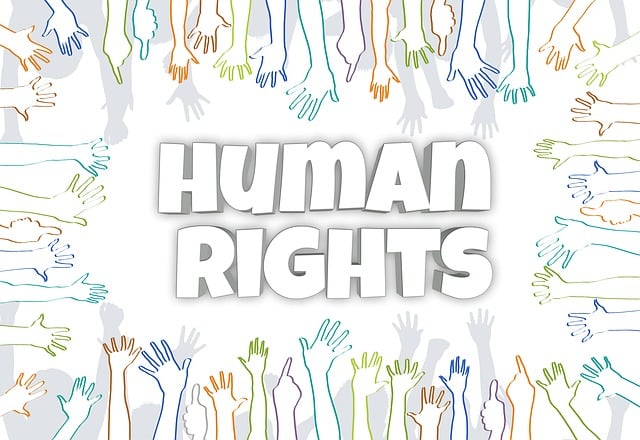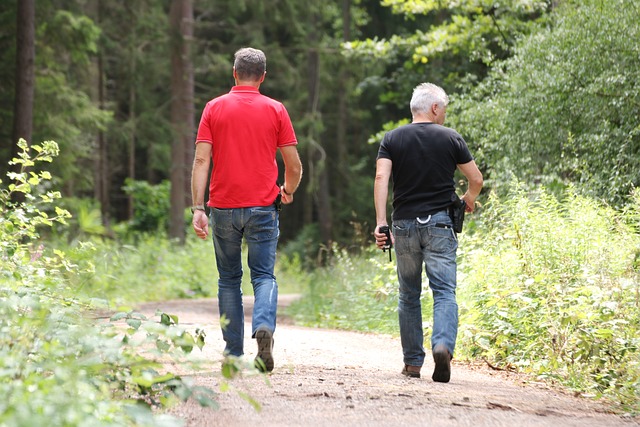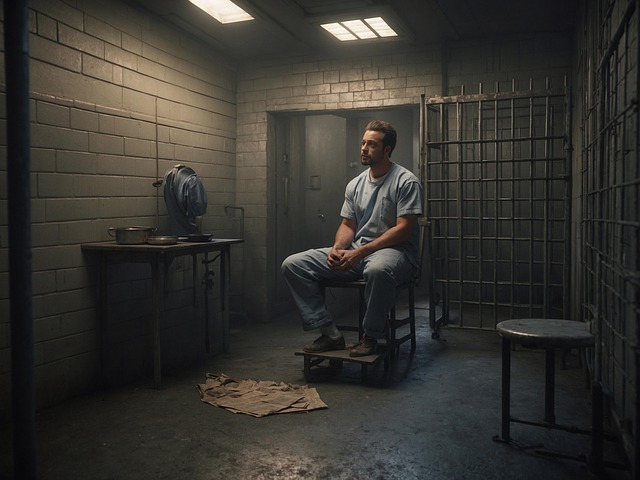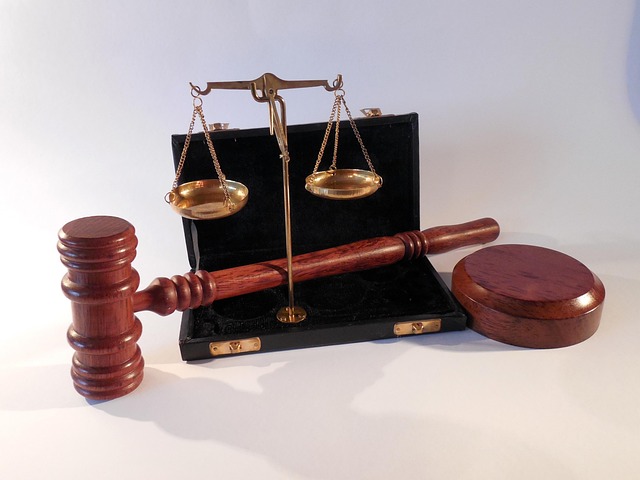In Environmental Crime Trials, prosecutors leverage specialized knowledge of regulations and utilize plea bargaining as a strategic tool. They balance justice with evidence complexities, offering reduced charges or mitigated sentences to cooperative defendants who may provide insights into larger conspiracies. Effective strategies include assessing evidence, consulting experts, engaging defense teams, and exploring alternative solutions like community service or environmental remediation. Case studies guide prosecutors in navigating complex offenses, achieving just resolutions, and building support from communities for environmental initiatives. Key tactics involve presenting compelling evidence and leveraging scientific expertise to gain favorable outcomes.
- Understanding Environmental Crime Trials: A Unique Legal Domain
- The Role of Prosecutors: Strategies in Plea Bargaining Process
- Case Studies and Lessons Learned: Enhancing Justice for Environmental Offenses
Understanding Environmental Crime Trials: A Unique Legal Domain

Environmental Crime Trials represent a unique legal domain where prosecutors face complex challenges. These trials involve cases that range from pollution and habitat destruction to illegal dumping and resource exploitation, often with significant ecological and societal impacts. Understanding this niche area is crucial for both prosecutors and general criminal defense attorneys alike, as it demands specialized knowledge of environmental regulations and their enforcement mechanisms.
In the plea bargaining process, prosecutor strategies in Environmental Crime Trials must balance the need for justice against the complexities of the evidence and potential defenses. Given the technical nature of these cases, avoiding indictment for his clients becomes a strategic art. Prosecutors employ various tactics, such as offering plea agreements with reduced charges or mitigated sentences, to encourage cooperation from defendants who may possess valuable insights into broader environmental conspiracies or have taken steps to rectify their actions.
The Role of Prosecutors: Strategies in Plea Bargaining Process

In Environmental Crime Trials, prosecutors play a pivotal role in navigating complex legal landscapes to ensure justice is served. One critical aspect of their strategy involves plea bargaining, where defendants agree to plead guilty in exchange for reduced charges or sentences. This process requires prosecutors to balance public interest with potential penalties, considering the severity of the crime and the defendant’s willingness to cooperate. By engaging in effective plea negotiations, prosecutors can achieve resolutions that not only hold offenders accountable but also facilitate a smoother transition towards rehabilitation and restoration within the general criminal defense framework.
During all stages of the investigative and enforcement process, prosecutors must carefully assess the evidence, consult with experts, and engage in open dialogue with defendants’ legal teams. This includes exploring alternative solutions beyond trial, such as community service or environmental remediation projects, which can foster a sense of responsibility and reparation among those accused. Moreover, their strategies should aim to strengthen relationships with philanthropic and political communities, leveraging support for environmental initiatives and ensuring that justice outcomes resonate positively in these sectors.
Case Studies and Lessons Learned: Enhancing Justice for Environmental Offenses

Case studies play a pivotal role in shaping strategies for environmental crime prosecutions. By examining real-world scenarios, prosecutors and legal experts can uncover valuable lessons that enhance justice for offenses against nature. These studies offer insights into effective prosecutor strategies in the plea bargaining process, where negotiated settlements are reached to avoid lengthy jury trials. Through such analyses, professionals in the field can identify successful approaches, learn from challenges faced, and develop robust tactics to achieve extraordinary results in environmental cases.
For instance, recent case studies have highlighted the importance of presenting compelling evidence and leveraging scientific expertise during plea negotiations. Prosecutors who employ creative strategies, such as showcasing the broader impact of pollution or climate change, often secure more favorable outcomes. This approach not only ensures accountability for perpetrators but also fosters a sense of justice among affected communities, demonstrating that environmental crimes are taken seriously. Such studies serve as a roadmap, guiding legal professionals in navigating complex environmental offenses and achieving just resolutions.
Environmental crime trials, as a unique legal domain, require prosecutors to employ specific strategies in the plea bargaining process. By understanding these strategies and drawing lessons from case studies, we can enhance justice for environmental offenses. This approach not only ensures that offenders are held accountable but also fosters a more sustainable future by deterring future violations. The insights gained from these trials are essential in strengthening environmental protections and promoting sustainable practices globally.






